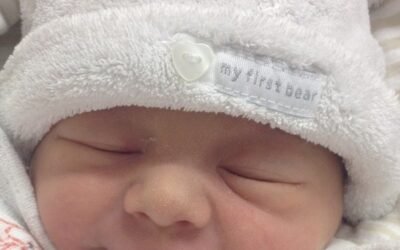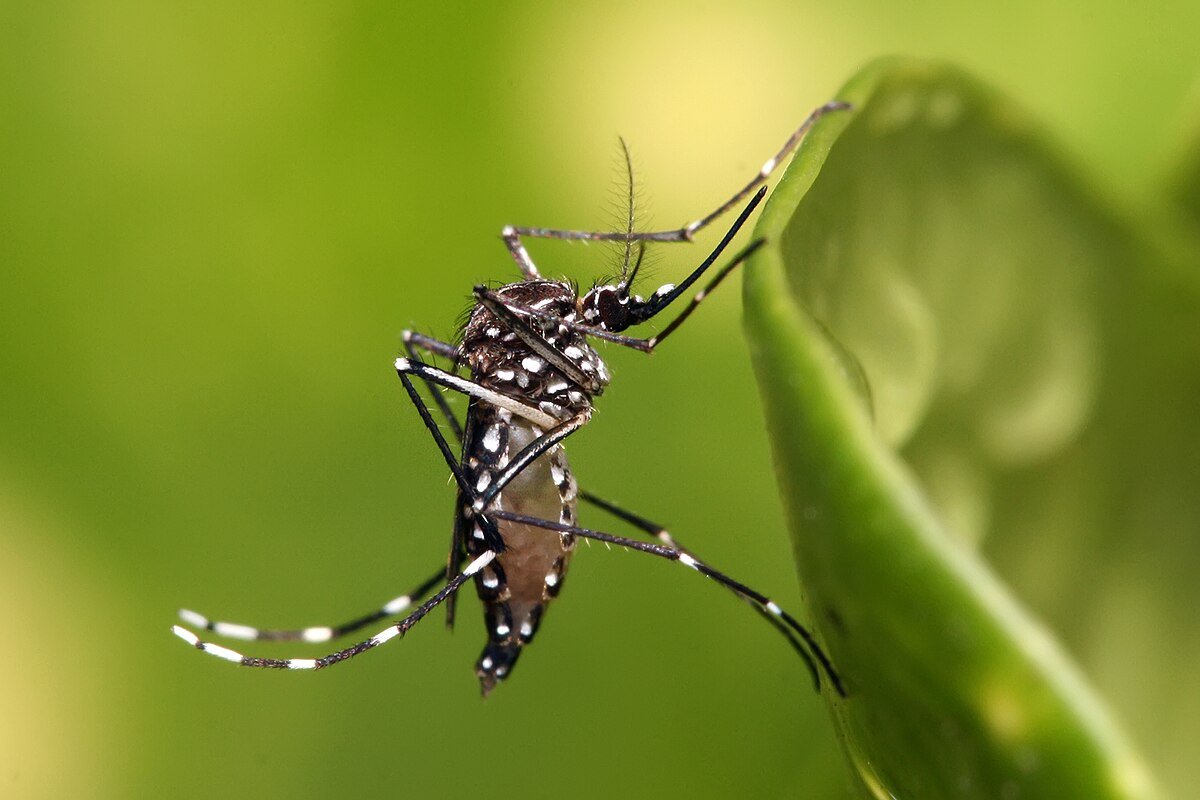The first year of your baby’s life isn’t just a countdown of milestones—it’s a window into how their brain, body, and senses work together to build the foundation for everything to come. From lifting their head to taking first steps, each new skill unlocks another layer of growth, telling you important things about your baby’s unique pace and progress.
While parents often focus on “when” milestones happen, the deeper value is understanding what each stage signals: Is your baby’s strength developing as expected? Are they showing curiosity about their surroundings? Are early communication skills, like babbling and gestures, connecting with social and emotional growth?
This guide breaks down the first year of development in a way that’s more than a list of expected dates. Instead, you’ll learn how to read the patterns behind the progress, what physical, cognitive, and emotional shifts mean at each stage, how to actively support your baby’s learning, and when certain delays might deserve extra attention.
Why Milestones Matter (More Than a Checklist)
Every time your baby rolls over, reaches for a toy, or babbles back at you, they’re showing that their brain and body are working together. These milestones help:
- Track how well motor skills, language, and social development are linking up
- Identify areas where your baby might benefit from extra support
- Guide you in tailoring play and daily routines to nurture growth
These benchmarks are recognized by trusted sources like the Centers for Disease Control and Prevention (CDC) and the American Academy of Pediatrics (AAP). But remember: milestones have wide ranges. Some babies take early strides physically, while others focus on communication or fine motor skills first. The key is steady progress, not perfection.
Month-by-Month Baby Milestones: What to Expect in the First Year
0–3 Months: Awakening Senses and Building Trust
In the earliest stage, your baby is adjusting to life outside the womb. Every sight, sound, and touch is new. Their physical development is about basic survival skills and setting the stage for more coordinated movement.
Physical Development:
- Lifts head briefly during tummy time by 1 month
- Holds head up with support around 2 months
- Begins pushing up on arms, and may roll from tummy to back by the end of this stage
Cognitive Development:
- Recognizes familiar voices, especially parents
- Tracks moving objects within close range (8–12 inches)
- Shows growing interest in bold patterns and contrasts
Language Development:
- Coos and gurgles in response to voices
- May imitate simple facial expressions (sticking out tongue)
Social-Emotional Development:
- Develops a social smile (typically around 6–8 weeks)
- Enjoys close contact and begins bonding deeply
- Starts to calm in response to familiar voices and faces
Why This Stage Matters:
Your baby is learning basic cause-and-effect: when they cry, you come; when they smile, you smile back. This back-and-forth sets the groundwork for trust and secure attachment, both essential for emotional and brain development.
4–6 Months: Strengthening Muscles and Mind
By now, your baby is not only aware of their surroundings but actively trying to interact with them. Their physical strength is growing rapidly, giving them new ways to explore.
Physical Development:
- Rolls over both ways
- Sits up with support
- Bears weight on legs when held upright
Cognitive Development:
- Starts understanding object permanence—realizing things still exist even when hidden
- Watches objects fall and may search for them
- Reaches for and grabs toys intentionally
Language Development:
- Babbling becomes more varied, mixing consonants and vowels
- Begins to imitate sounds
- Starts responding to name and tone of voice
Social-Emotional Development:
- Begins to distinguish between familiar and unfamiliar faces
- May show early signs of stranger anxiety
- Laughs and shows delight during play
Why This Stage Matters:
Motor skills and problem-solving grow hand in hand now. Each time your baby rolls or reaches, they’re not just moving—they’re also learning to plan and coordinate. Encouraging safe exploration during this window boosts both confidence and curiosity.
7–9 Months: Independence Takes Shape
Mobility and independence start to shine through. Your baby is now using movement to engage with the world, and their growing social awareness is unmistakable.
Physical Development:
- Sits without support
- Starts crawling or scooting
- Pulls up to stand and may begin cruising along furniture
Cognitive Development:
- Places objects in and out of containers
- Understands simple routines (like anticipating food when seeing a spoon)
- Explores objects in detailed ways: banging, shaking, throwing
Language Development:
- Babbling sounds more like real words (“mama,” “dada”), though still experimental
- Responds to basic commands with gestures (e.g., raising arms when you say “up”)
- Begins to understand simple words
Social-Emotional Development:
- Shows clear attachment to caregivers, seeking comfort
- May display frustration when toys are out of reach or things don’t go as expected
- Loves interactive games like peekaboo and clapping
Why This Stage Matters:
This period is about discovery and problem-solving. Babies who are mobile become more independent thinkers. Their ability to connect movement with outcomes (e.g., crawling to reach a toy) boosts both physical coordination and brainpower.
10–12 Months: The First Steps Toward Toddlerhood
By this point, your baby is turning into a true little explorer. Movement becomes more intentional, communication more meaningful, and social bonds stronger.
Physical Development:
- Cruises confidently and may take first independent steps
- Develops fine motor control: points, pokes, picks up small objects with thumb and forefinger
- Enjoys putting things together and taking them apart (blocks, cups)
Cognitive Development:
- Engages in simple pretend play (like pretending to talk on a toy phone)
- Follows simple instructions (“give me the toy”)
- Recognizes the purpose of everyday objects
Language Development:
- Says one to three clear words with meaning (like “mama,” “dada,” “bye-bye”)
- Communicates wants through gestures and sounds
- Starts to mimic your words and tone of voice more closely
Social-Emotional Development:
- Strong separation anxiety may emerge
- Tests boundaries through playful defiance (throwing food, dropping objects repeatedly)
- Points or vocalizes to get your attention
Why This Stage Matters:
This stage blends physical independence with social awareness. Babies begin using their bodies and words together to communicate more clearly. The mix of emotional highs and lows (joy, frustration, pride) shows your baby is learning both self-expression and social rules.
Supporting Your Baby’s Development at Each Stage
- Tummy time: Even beyond the newborn stage, daily tummy time builds critical strength.
- Talk constantly: Narrate your actions, name objects, and describe feelings to boost language and social understanding.
- Encourage exploration: Create a safe space where your baby can move freely and satisfy their growing curiosity.
- Respond consistently: Whether your baby is laughing or crying, your timely responses build trust and teach cause and effect.
When to Check in with a Pediatrician
Most babies reach milestones within a broad range, but these signals deserve a chat with your pediatrician:
- No social smile by 3 months
- No babbling by 6 months
- No sitting without support by 9 months
- No clear gestures or words by 12 months
- Any loss of skills previously gained
Early intervention can make a world of difference—and addressing concerns early is always the wisest step.
Parent Reassurance: Every Baby Is Unique
It’s easy to compare your baby to others, but keep in mind: one baby may say words early but crawl later, while another may focus on movement before language. What matters most is continuous progress over time. You know your baby best, your observations are invaluable, and your love and attention are the most powerful supports of all.
Final Thoughts: More Than Milestones
Your baby’s first year is an extraordinary mix of small steps and giant leaps. While it’s natural to focus on milestones, what really matters is the story behind them: your baby’s growing strength, curiosity, and connection to the world.
Every giggle, every stumble, every new word is a piece of that story. Keep watching, keep supporting, and remember—you are your baby’s best guide on this incredible journey.
Related Guides for Deeper Support
Newborn Sleeps All Day, Awake All Night: What’s Normal?
When Will My Baby Smile First?
Why Is My Baby Not Making Eye Contact?






